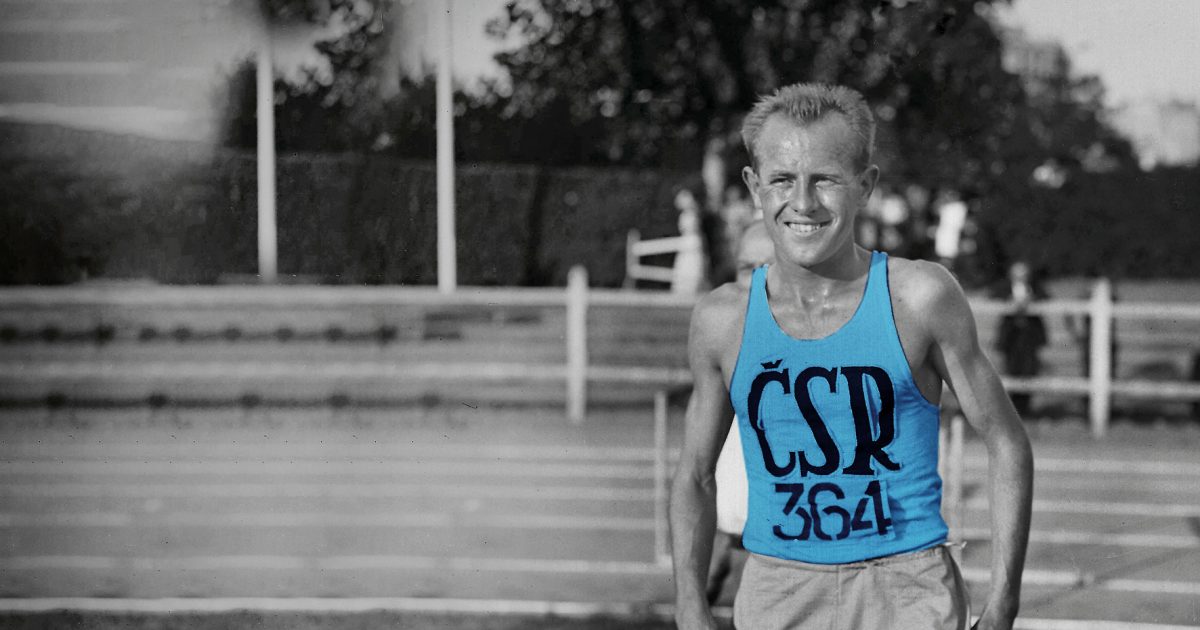Screenplay and direction: Tomáš Dianiška
Sound, Sound Design and Music: Tomas Pernicky
People and cast: Emil (Robert Mikluš), Dana (Tereza Dočkalová), Zdenka (Veronika Lazorčáková), Official (Václav Neužil), General (Hanuš Bor), Worker + Voice in Ampillon (Jakub Albrecht), Gottwald (Miroslav Hanuš), Haluza (Filipň Kakovský ), Teacher (Pavel Zedníček), Jungwirth (Adam Vacula), Doctor (Ivana Wojtylová), Scientist (Kateřina Císařová), New (Luboš Veselý), Judge + Groom (Dita Kaplanová), Hostess + Reporter (Barbora Váchová), Boy ( Jakub Král), STBák (Denny Ratajský), STBák + Man from the audience (Jan Hušek), Footballer + Soldier + Reporter (Daniel Krečmar), Footballer + Reporter (Vojtěch Hrabák), Roommate (Jaroslav Blažek), Friend + Photographer (Vendelín Urban ), radio journalist + airplane athlete (Jiří Panzner), photographer (Šimon Krupa) and Slovak journalist (Tomáš Dianiška)
Dramaturgy:
Lenka Veverkova
Before:
20. 9. 2022
Due to the presented environment and the characters of the characters, the radio show contains expressive expressions.
–
“Life goes where it wants. If he only ran along a marked path, it would be terribly boring,” Emil Zátopek sums up his destiny in Tomáš Dianiška’s play Emil’s Dilemma, as he sits exhausted in a maringotka and thinks about his colorful life. He remembers working in a rubber factory, not fond of running, meeting World War II athlete Jan Haluza, marrying javelin player Dana Ingrová, who, like Zátopek, was born on 19 September 1922, successfully running both at home and especially abroad. On cooperation with the regime?
“The central line is the case against the communist deputy Vilém Nové, which Zátopek filed together with other personalities on false charges in connection with the Jan Palach fire. He said of them that they had incited Palach to commit the crime. However, this it is not a judicial drama. I tried to create a lively comedy, which contained all the important moments in Zátopka’s life, “says the author and director of the radio show Tomáš Dianiška. “Multi-timeline storytelling is a proven Hollywood technique often used in biographical films. “Zátopek lives abandoned, remembers the times of his greatest glory and at the same time decides how he will behave in court”, describes Dianiška.
You will hear Robert Mikluš in the lead role, his wife Dana played by Tereza Dočkalová, the foreman in the shoe workshop Pavel Zedníček, the communist official Václav Neužil, the president of Gottwald Miroslav Hanuš.
Dianiška, thanks to quick cuts in which exaggeration and seriousness, kitsch and sentiment, sensitivity and sharpness alternate, has created a fun radio show that will interest listeners also from the sound point of view. All the scenes in which Zátopek plays sports were shot outdoors, directly on the pitch: thanks to this, breathing, walking and running are very natural. The sound design is also complemented by some authentic reports from sports commentators or journalists.
“I think the script wanted a more cinematic expression of the musical nuances and divisions. I wanted to use the sound of a smaller orchestral body, using subtle articulations to create an impression of fragility and depth, to accentuate the texture of the part. mobile of Zátopek’s destiny. At the same time, however, this sound in its highest dynamic should have supported the dimension and depth of the story of Dana and Emil Zátopka, “explains composer, sound designer and master of sound Tomáš Pernický, who he was responsible for the entire sound and musical concept of the game.
“The period 1940-1970, in which the history of the game takes place, the music is rather reflected in the compositions of other artists that are used in the game. My favorite song is Koloda-Duda, an ancient Cossack song originating from Ukraine. and the steppes of southern Russia, which was the inspiration for the world famous hit Where Have All the Flowers Gone. It is known in our country by Marie Rottrová as Řekni, where those flowers are found. I used the composition in a scene depicting the arrival of the occupation troops in 1968 “, explains Pernický.
–


:strip_icc():format(jpeg)/kly-media-production/medias/690168/original/solar-flare-june11-2014.jpeg)